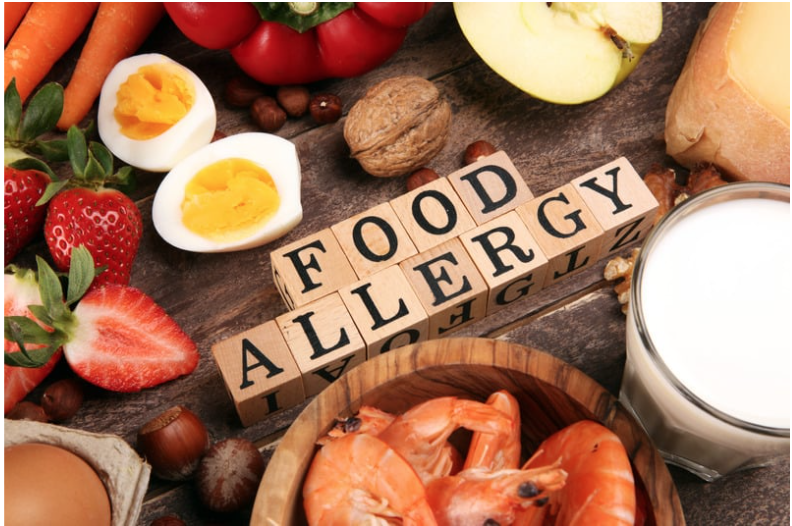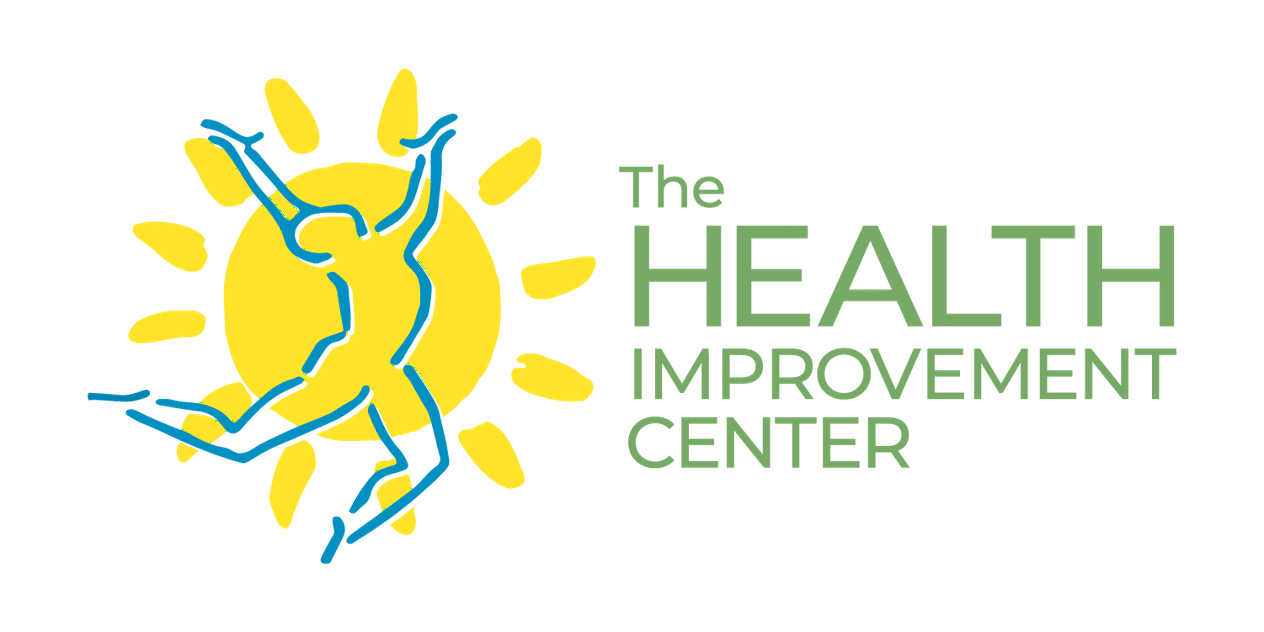
One of your friends brought an impressive cheese platter to a party you’re throwing. Everything seems fine after you eat the first few cubes, but after you have about five, the nausea sets in. You end up having to break up the party a little early.
You could chalk it up to bad cheese, but everyone else who ate it was fine. This means that you might be lactose intolerant. Dairy is one of the most common food intolerances out there, but it’s not the only one.
It may not even be the only one that you have. Keep reading for a complete list of food intolerances that you could be suffering from without your knowledge.
1. DAIRY
Lactose is a sugar that is most commonly found in dairy products such as cheese and milk. There is an enzyme in your body called lactase that breaks down this sugar so you can digest it. Lactose intolerance occurs when your body doesn’t make enough of this enzyme.
If you’re lactose intolerant you may experience diarrhea, bloating, gas, nausea, and abdominal pain. If you’re having these symptoms, stop eating dairy right away and contact your doctor or wellness practitioner. They will be able to provide Nutrition Response Testing® and let you know for sure if lactose intolerance is your problem.
Your doctor will also be able to give you the results of your body’s feedback during the Nutrition Response Testing® procedure, as well as provide nutritional advice so you’re not stuck only eating aged cheeses that have very little lactose.
2. GLUTEN
Gluten is a protein that is found in wheat-related foods like bread, pasta, cereals, baked goods, beer, and crackers. There are different diseases that involve the consumption of gluten.
One of them is celiac disease. If you have this condition, your immune system will attack your small intestine if you eat something that contains gluten. You’ll have to avoid the products listed above at all costs and look for alternatives in the gluten-free aisle of your local grocery store.
Signs that you have a gluten intolerance include abdominal pain, bloating, headaches, joint pain, fatigue, skin rash, depression and anxiety, constipation, diarrhea, and anemia.
3. CAFFEINE
Your morning coffee may be doing you more harm than good. You see, most people can consume up to four cups of coffee a day and feel fine. Others are a little bit more sensitive to the caffeine found in the bitter brew.
With caffeine, it’s much less an intolerance toward it and more of a hypersensitivity. If you have this problem you’ll experience anxiety, rapid heartbeat, insomnia, jitters, restlessness, and nervousness.
If this sounds like you, put down the coffee cup and other caffeine-related products and start looking for other ways to wake yourself up.
4. SOY
Soy is a common allergy that many children have to face. In the case of adults, it can cause IBS symptoms to occur. You may experience hives, swelling around your lips, throat, and tongue, wheezing, skin redness, abdominal pain, vomiting, diarrhea, and nausea.
The problem with switching to a soy-free diet is that you have to jump through a lot of hoops. It’s found as an additive in many different food products. To avoid it, you’ll need to read the packaging on every food item that you buy.
Your doctor may also be able to give you a list of foods that you can and cannot eat.
5. CORN
Like soy, corn is also linked with IBS symptoms in adults. It causes many of the same reactions that soy does with the addition of indigestion, sneezing, asthma, and anaphylaxis. If you’re unfamiliar with anaphylaxis, it’s a dangerous reaction that could cause your body to go into shock.
Corn is also a hard food to avoid. Corn syrup is found as an additive in many common foods. You’ll need to read labels on all the foods you’re thinking of putting in your shopping cart.
6. EGGS
Eggs are another common food allergy for children. Some of the proteins found in eggs can cause hives, cramps, nausea, vomiting, congestion, sneezing, coughing, chest tightness, and wheezing.
Egg whites have more of these problem proteins than the yolks do. Eliminate eggs from your diet altogether, and then run an elimination.
Eat just the egg whites and study your symptoms, and then do the same with the yolks. You may be able to eat one and not the other.
7. PEANUTS
Perhaps the most common food allergy is peanuts. Peanuts aren’t even real nuts. They’re legumes. If you’re sensitive to them, you may get a runny nose, break out in hives, experience itching in your throat and around your mouth, have shortness of breath, and suffer from digestive issues.
Peanuts can also cause anaphylaxis like corn can. If you feel like you may be experiencing any of these symptoms after eating a peanut, you’ll need to seek emergency care ASAP.
8. SHELLFISH
There is a protein found in shellfish like clams, crabs, shrimp, scallops, lobster, and oysters that don’t agree with some people. If you’re one of these people, you may experience abdominal pain, nausea, vomiting, congestion, trouble breathing, hives, lightheadedness, dizziness, and even fainting.
In some extreme cases, shellfish can cause anaphylaxis. If you start having a rapid pulse, swollen throat, or extreme dizziness, seek emergency care as soon as you can.
COMMON FOOD INTOLERANCES YOU MAY HAVE WITHOUT YOUR KNOWLEDGE
Have you been experiencing nausea or discomfort after a meal? It could have been something you ate. There are many food intolerances out there that people have without even knowing it.
If you think you may have some of the intolerances on this list, contact Dr. Katie as soon as you can. I will be able to suggest alternatives or give you a nutritional supplement program along with modifications to what you eat so that your body has the best chance at healing itself.
Restoring Your Health Naturally,
Dr. Katie Thompson, DC, MSTN
Phone
Address
10006 Carrington Pl, Manassas, VA 20109
Hours
Monday 9am to 1pm
Wednesday 9am to 2pm and 4pm to 7pm
Friday 9am to 2pm and 4pm to 7pm
Saturday 9am to 1pm
Disclaimer – Privacy Policy – Terms and Conditions|©Copyright 2023. All Rights Reserved.
